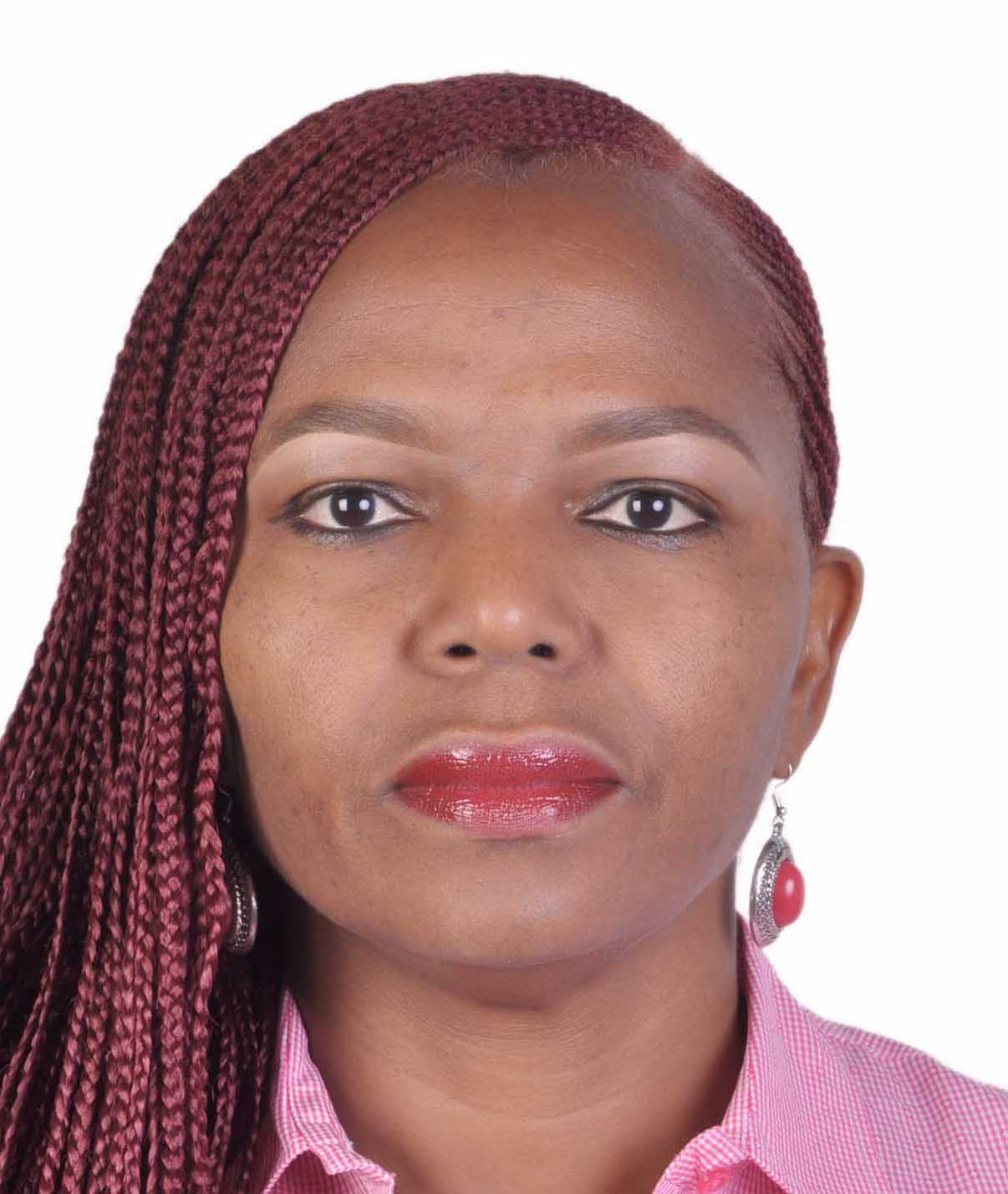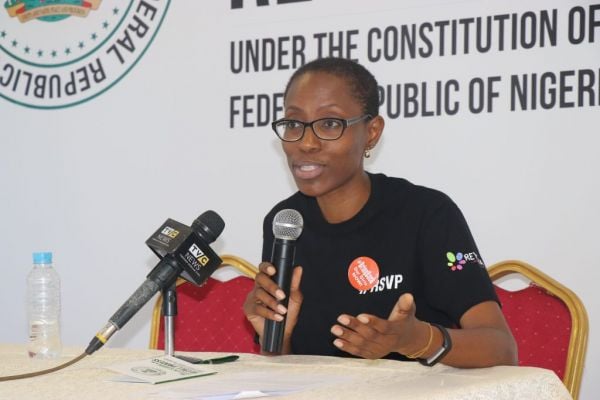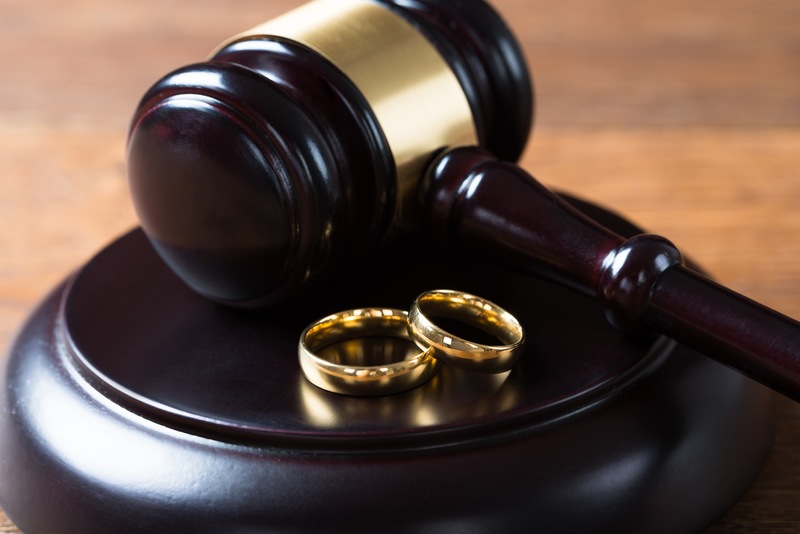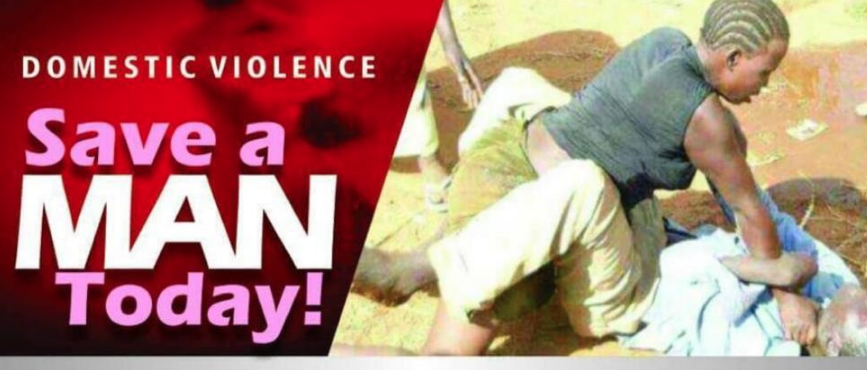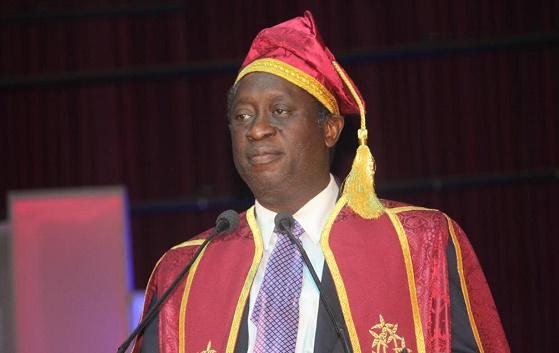The National Broadcasting Commission, NBC, recently launched the amended 6th edition of its Nigerian Broadcasting Code although before the launch, many stakeholders had complained about some of the proposed amendments. Of particular concern were Section 6.2.8 and Section 9.0.1.
Section 6 deals with the acquisition of sporting rights and section 6.2.8 states: “In the broad national interest, exclusivity of sporting rights is prohibited.” Section 9 tackles anti-competition and section 9.0.1 caps it up by stating that: “The Broadcaster or licensee should immediately after the coming into force of this Amendment be prohibited from entering into any form of agreement, contract, concerted practices or take any decision which have as their object and intendment the prevention, restriction or distortion of competition in, or in any part of, the broadcast media industry in Nigeria: and for this purpose, no broadcaster or licensee shall enter into any form of broadcasting rights acquisition either in Nigeria or anywhere in the world to acquire any broadcasting right (s) in such a manner as to exclude persons, broadcasters or licensees in Nigeria from sub-licensing the same.” Also, the fine for hate speech was increased from N500k to N5m.
Before the launch of the amended Code, I had resisted the urge to enter into the fray simply because I thought that in dealing with people as important as investors, who provide jobs to hundreds if not thousands of Nigerians, government would be super receptive to any concerns they may have. And that as they had been quite vocal in voicing these concerns, there was no way they were going to be ignored. Well, as the launch has shown, not only were stakeholders brushed aside, all kinds of accusations were made against those who dared to speak out. At the launch of the Code (which is not available on the NBC website), minister of Information and Culture, Alhaji Lai Mohammed said: “What I have observed in the reactions to the last amendment are interests who believe that their singular business interest is superior to the national interest. Therefore, they have resorted to all kinds of blackmail, using hack writers.” A few paragraphs later in the same speech, the minister unironically advised: “For those who still have misgivings about the amendment to the 6th Edition of the Code, we expect you to meet with the regulator and present your views.”
These amendments to the 6th edition of the NBC Code may yet turn out to be just what the doctor had ordered, and the broadcast media industry may experience an unprecedented boost. Some lawyers and other experts have had a lot to say about how the Code conflates exclusivity with anti-competition, and the limits of the NBC Act. But I’m not a lawyer, so, I will not quibble about legal matters. I’m interested in the words and actions of the regulator. And my focus is on a recent interview granted by the acting Director-General (DG) of the NBC, Professor Armstrong Idachaba to The Osasu Show hosted by Osasu Igbinedion on the TOS TV Network.
Advertisement
In the aforementioned interview, Prof. Idachaba gives the impression that the amendments to the Code may actually be punitive measures against certain targeted interests. And although he didn’t answer the question as to whether Nigeria was practising the US or the Chinese model, his jab at capitalists whom he said ‘are very greedy, extremely self-centred, they don’t want to give out” is quite telling. His position is made clearer when he gives what he calls “ideological philosophical understanding of the motives of the policy.” According to the acting DG, the amendments are meant to “redynamise and redistribute wealth in a way that there’ll be more participation, more engagement more opportunity.” If acquisition of sporting rights can achieve this, in a Nigeria with epileptic power supply, one must wonder how much progress the provision of a more sustainable infrastructure could yield.
DEAR NBC, INVESTORS ARE NOT THE ENEMY
Or Are They?
Advertisement
Prof. Idachaba’s interview essentially excoriated the current crop of investors in the pay TV sector. Atop this short list is Multichoice/operators of DSTV (Digital Satellite Television). They’re seen primarily as foreign because of their South African connections, its Nigerian chairman Dewunmi Ogunsanya notwithstanding. So, when the acting DG complained that there are no Nigerians “active on the pay TV platform” out of about 30 that the NBC has licensed, it’s easy to see where fingers are being pointed. Now, whether their failure can be blamed on what the DG calls the “monopolistic” tendencies of the greedy capitalist ‘you-know-who’ is another matter. But are sporting rights the only thing a pay TV platform needs to succeed? Didn’t HITV own rights to the almighty English Premier League (EPL) at one point? As a HITV subscriber, I had other issues with HITV, chiefly, its dated technology. For a pay TV station coming after DSTV, it could’ve at least matched the competition. On HITV movie channels, there was no synopsis for the movies. I doubt that the viewer could even check for the title of the movie while it was running.
Still, in the Nigeria vs. Foreigners fight, where “national interest” (which somehow depends on other countries’ sporting rights) is supreme, picking a side is fairly easy. You would support Nigeria if you are truly patriotic and are interested in wealth redistribution, wouldn’t you? What’s not so easy to understand is how the NBC boss seems to think that Jason Njoku, who is a Nigerian, doesn’t align with our national interest.
When the amendments were announced a couple of months ago, many stakeholders spoke out against them. One of such people was Jason Njoku, founder of Iroko TV, a video on demand (VOD) online platform who had tweeted that “Nigeria (sic) Broadcasting Commission (NBC), in making exclusivity illegal, compelling sub-licensing of content and regulating price is effectively turning private enterprise into state property.”
Continuing further on his Twitter thread, Njoku talked about the effect on other pay TV companies/channels: “Under these proposed terms it makes zero sense for @irokotv @ROK_DSTV @NetflixNaija @irokotv @africamagictv @FilmhouseCinema @SilverbirdTV @SceneoneTV or any other platform or independent production house to invest in local content. Zero sense. No consultation, no thought. Nothing.” Clearly, Mr. Njoku was rather undiplomatic and could have tempered his utterances.
Advertisement
Prof. Idachaba Tackles Jason Njoku
In the course of the interview, Osasu Igbinedion asked Prof. Idachaba to respond to Jason Njoku’s complaints. The acting DG then gave a rather long response, which raised more questions than answers:
“Iroko TV you mentioned, where is the base of iroko TV? Do you know, where did they start? London. And all the money they do through Netflix and other things that they sell, where does the revenue go? How much of it is invested into the country? The involvement they do is like a creative investment that allows them to take artistic, cultural materials, original to the Nigerian people and export, maximize the profit, suck it out of Nigeria, and still take abroad. Is that not injustice to the Nigerian society?”
Iroko TV was launched in 2011 by Iroko Partners which had been founded in 2010 by Jason Njoku and Bastian Gotter in the UK as an online platform for Nigerian films on demand. Reportedly described by many as the ‘Netflix of Africa,’ Iroko TV dealt directly with Nollywood producers for the rights to their films. The way I understand it, Iroko TV brought in money to purchase the rights to certain Nollywood titles. So, when Iroko TV buys these rights from Nigerian filmmakers and producers, where does the revenue go? Iroko TV also has ROK Studio, a film production company founded in 2013 by Mary Njoku to create original content for Iroko TV. Its headquarters are in Lagos. In 2019, ROK Studios was acquired by French TV company, Canal+ but Mrs. Njoku stays on as director-general. Before that acquisition, according to available figures, ROK had produced over a dozen TV series which do not include feature films. Most of these heavily involved Nigerian-based actors and crew. Last I checked, Iroko TV had 3 channels on the DSTV bouquet: ROK 1-3. These channels house ROK Studios original content in addition to other titles they acquire. I understand that there are also Iroko Play and Iroko Plus on StarTimes.
Advertisement
So that this doesn’t begin to sound like an Iroko TV press release, or like I’m one of the “hack writers” who have been bought off, the point to be made is that most of this information is readily available through quick research. One would expect the NBC to have this and even more facts. While it’s legitimate for Prof. Idachaba to disagree with Jason Njoku, a regulator shouldn’t sound partisan or too discriminatory.
Who Produced Sons of the Caliphate?
Advertisement
Prof. Idachaba had said: “I saw one of their titles, Son of Caliphate, typical Northern Nigeria Sokoto story, original to the Zamfara people, then you harness it, you put in beautiful costumes and lights, you put in all the attractive aesthetics, it becomes highly valuable and then you send it across the world. The local Zamfara boy whose grandfathers were the original creators and owners of the story, don’t ever get to see the story in their lifetime. Does it make sense to you? How do you build a cultural environment that way, how do you build your own history?
There are two questions here: Did Iroko TV produce Sons of the Caliphate? And do you have to be from a certain part of Nigeria before you can tell stories from there? To answer the first question, I have searched (and searched) and I found no evidence that Iroko TV has any work titled Son of the Caliphate. But there’s a TV series called Sons of the Caliphate which premiered on Ebony Life TV in 2016. Its two seasons are now available on Netflix and Amazon Prime. That Sons of the Caliphate is created by Dimbo Atiya, produced by Ebony Life TV with Mo Abudu as executive producer. It features actors like Yakubu Muhammed, Paul Sambo, Rahama Sadau, Mofe Duncan, Yvonne Hays, Patrick Doyle, Sani Mu’azu, Rabiu Rikadawa, Magaji Mijinyawa, and Nita Byack George. By the way, Sons of the Caliphate was shot in Abuja and as an Abuja resident, I loved seeing my city in such cinematographic splendour. Nothing I have written here is classified information. Even if that were the case, should the DG of NBC not have access to even better sources of information?
Advertisement
Although my second question has been overtaken by events, I must still ask why a Jason Njoku shouldn’t be able to shoot a story from Sokoto or Zamfara? Isn’t this what by Prof. Idachaba’s own explanation, hate speech is all about? That no one should be discriminated against on account of their tribe or religion?
What is hate speech and who determines what’s hate speech?
Advertisement
Osasu Igbinedion, host of The Osasu Show had asked Prof. Idachaba the above question more than once, must have been three times he was asked the question: ‘What is hate speech and who determines what’s hate speech?’ To which he finally replied: “I’ll give you an academic explanation. What I’ve seen over time is an attempt by people, apostles of freedom of expression to say everyone has a right to free expression…but on the converse side… extreme freedom, unregulated freedom is also dangerous.”
But what are some examples of hate speech? Remember that the fine for any breach has been increased from N500k to N5m? According to the acting DG, even though people have the freedom of expression, that does not give them the right to say: “This tribe of people, the Yorubas, the Ibos, they are like this, this and you give them a broad classification. Or you abuse somebody’s father and mother because he’s a public officer…in a way that if someone dares to do same to you, you’ll get angry and agitated.”
As far as Prof. Idachaba is concerned, “hate is easy to understand” before dovetailing into a spiel about the Rwandan genocide and the role of hate speech. The short of it is that: “You do not criticize government in a way that’s outlandishly abusive.” Does this explanation suffice for a possible N5m fine? In any case, there’s still the question about who determines what’s outlandishly abusive? I only wish there was a way the hate speech punishment could be made retroactive to pre-2015 elections.
“Now they have Money to Buy Editors”
“The money they are spending to fight this code, ordinarily, they wouldn’t have spent even on one local artist. They would say it is not available. But now they have so much to buy editors, to write newspaper stories on account of a policy that we are convinced is good for our own country.”
First, the minister of Information and Culture Lai Mohammed labelled anyone helping to air statements from stakeholders as hack writers. Then, Prof. Idachaba, NBC’s acting DG, categorically mentioned editors as having been bought. Doesn’t this count as hate speech because it definitely sounds ‘outlandishly abusive’ and defamatory. Or it doesn’t matter because editors are not in government? More importantly, the acting DG as a Professor of Mass Communication ought not to make claims that he cannot substantiate.
Nwabuikwu, AIRTIME columnist is a renowned TV/film critic, and film scholar. She also has experience in advertising as a senior copywriter and corporate communications as communications consultant. Email: [email protected].
